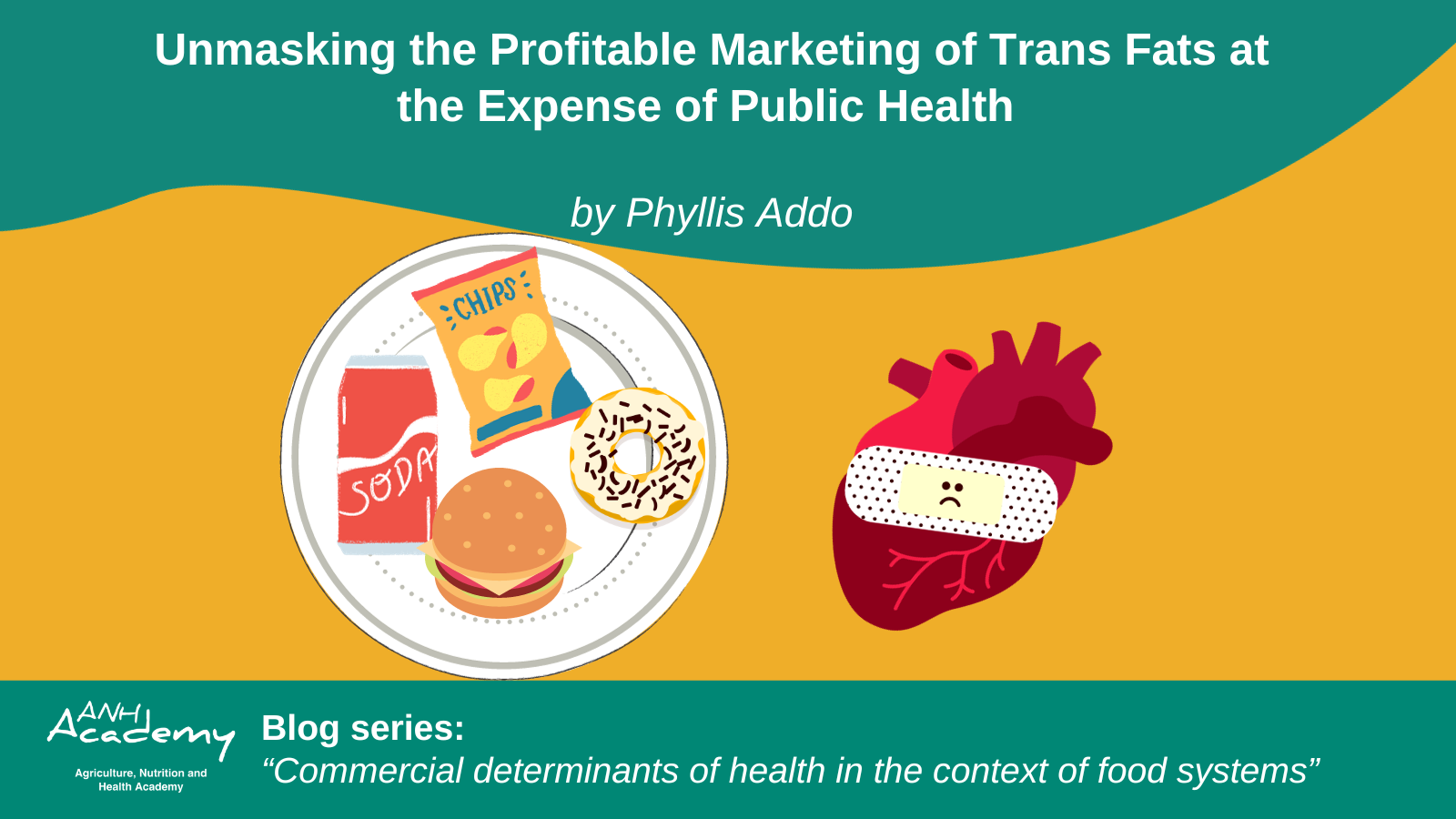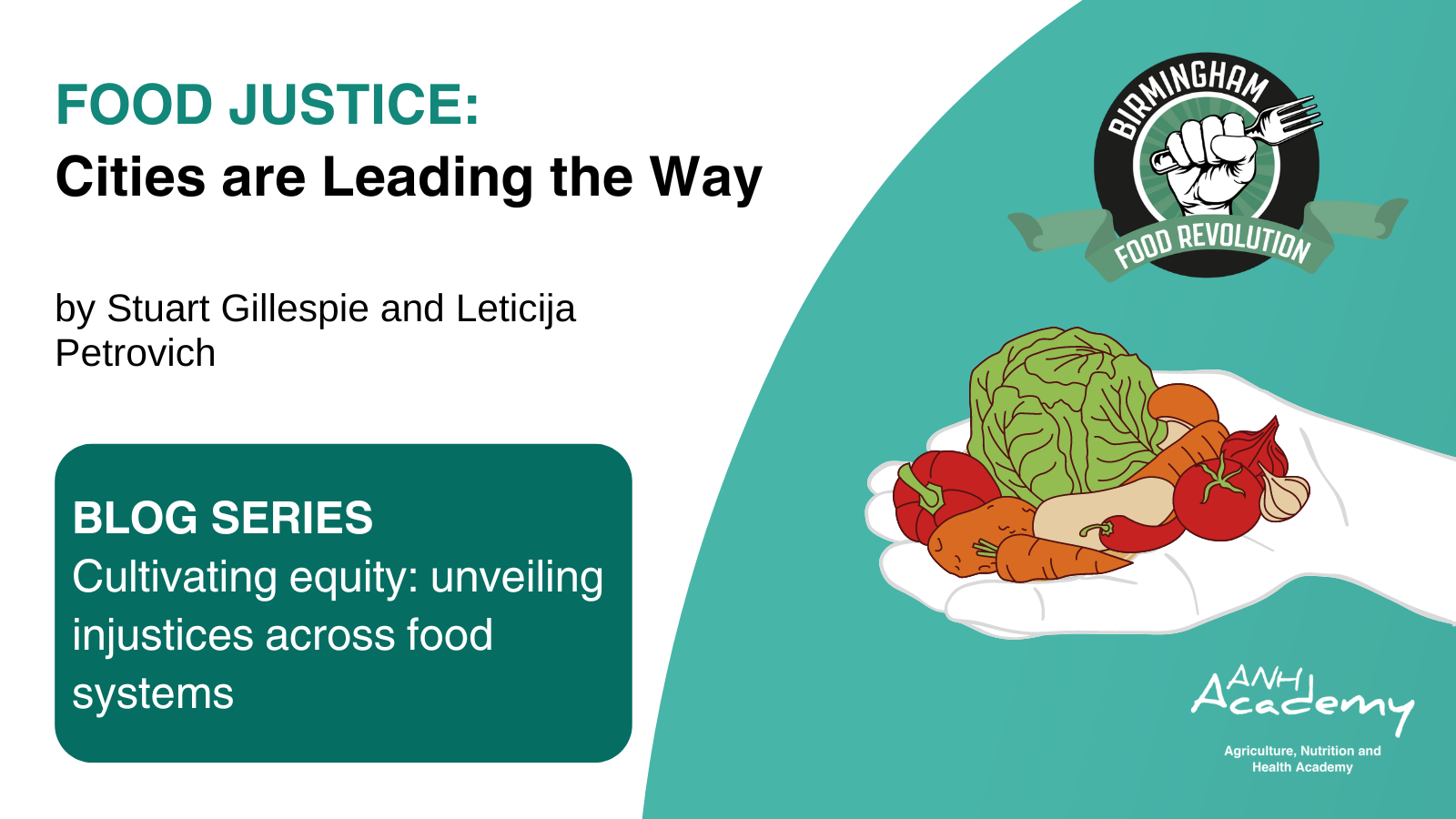
The deceptive charm of trans fats in the food industry
In a world where convenience often overrides nutrition, we find ourselves indulging in fast food, processed snacks, and packaged meals. Many of these seemingly convenient foods contain a hidden ingredient that plays a key role in shaping our unhealthy eating habits: trans fats (Fuhrman, 2018). This blog post unveils the marketing strategies that have made trans fats profitable for the food industry while shedding light on their harmful consequences for public health.
Understanding trans fats
Trans fats, also known as trans fatty acids, are unsaturated fats with a twist. They are artificially created through a process called hydrogenation, which turns liquid oils into solid fats (Rogers, 2022). This process enhances the shelf life and flavour stability of food products, making them highly appealing to manufacturers for their cost-effectiveness. Trans fats are frequently found in a wide range of processed and fast foods, including fried items, pastries, margarine, and baked goods (Dhaka et al., 2011).
Why trans fats are profitable
The food industry has used a number of strategies to promote and increase the amount of trans fats in our food supply, despite the fact that they have no known health benefits and have negative effects on human health (NCDAlliance, 2022). I will briefly go over a few of the strategies used by the food industry below.
- Cost-effective production: Trans fats are economical for the food industry, as they extend the shelf life of products, reduce food spoilage, and lower manufacturing costs.
- Enhanced flavour and texture: Trans fats contribute to the crispy and creamy textures that consumers often crave in snacks and baked goods. This appealing texture increases the market demand for such products.
- Preservation of nutritional value: Trans fats help maintain the flavour of foods and prolong their shelf life without significant nutrient degradation.
Shaping unhealthy food choices and consumption
Now that we have explored how trans fats are marketed, let's look at how they affect people's consumption and food preferences:
- Creating cravings for processed foods: The enticing taste and texture of trans-fat-laden snacks and fast food make them irresistible. This strong appeal encourages consumers to choose these products.
- Convenience and accessibility: Trans fats are widespread in fast-food chains and packaged snacks, making them easily accessible and highly convenient for those with busy lives.
- Lack of nutritional awareness: Many consumers remain unaware of the dangers associated with trans fats and the health implications of their consumption. This lack of awareness leads to uninformed dietary choices.
The impact on public health
Trans fats have alarming implications for public health. Their consumption is linked to an increased risk of heart disease, stroke, and other chronic health conditions (Pipoyan et al., 2021). Understanding the health risks associated with trans fats is vital for making informed food choices.
Breaking the cycle
To break free from the unhealthy influence of trans fats marketed for commercial gains, consumers could consider the following steps:
- Read labels: Always scrutinise food labels for trans fats. In some regions, regulations require food manufacturers to disclose trans fat content.
- Cook at home: Preparing meals at home provides consumers with control over the ingredients they use, reducing the risk of trans fat consumption.
- Make informed choices: Opt for fresh, unprocessed foods and choose healthier fats like olive oil, avocados, and nuts.
- Be an advocate for change: Support policies that restrict or ban trans fats in food production. Encourage restaurants and manufacturers to use healthier alternatives.
What can the research and policy community do?
It is crucial to understand how trans fats are marketed for commercial gains, often at the expense of public health. To reduce the negative impact of trans fats on the population, we need to conduct implementation research, establish effective practices, and implement laws or strengthen policies that prioritize health. By working together and advocating for change, we can create a better future for ourselves and future generations.
References:
- Fuhrman J. (2018). The Hidden Dangers of Fast and Processed Food. American journal of lifestyle medicine, 12(5), 375–381. https://doi.org/10.1177/1559827618766483
- Dhaka, V., Gulia, N., Ahlawat, K. S., & Khatkar, B. S. (2011). Trans fats-sources, health risks and alternative approach - A review. Journal of food science and technology, 48(5), 534–541. https://doi.org/10.1007/s13197-010-0225-8
- Rogers, K. (2022, December 29). trans fat. Encyclopedia Britannica. https://www.britannica.com/science/trans-fat
- Pipoyan, D., Stepanyan, S., Stepanyan, S., Beglaryan, M., Costantini, L., Molinari, R., & Merendino, N. (2021). The Effect of Trans Fatty Acids on Human Health: Regulation and Consumption Patterns. Foods (Basel, Switzerland), 10(10), 2452. https://doi.org/10.3390/foods10102452
- NCDAlliance. “Trans Fats Elimination”. Web blog post. https://ncdalliance.org/why-ncds/risk-factors-prevention/trans-fats-elimination. 09 February 2022.
Call for blogs: Commercial determinants of health across food systems
“Commercial activities shape the physical and social environments in which people are born, grow, work, live and age – both positively and negatively.” World Health Organization.
Interested in the impact of commercial determinants on human and planetary health? Join the conversation! Between September and December, we are welcoming blogs from around the world on the commercial determinants of health in agriculture-food systems. Blog length can vary from 200 to 1000 words. Read out our blog writing guidelines for tips on crafting a compelling piece. Your insights could be the spark that drives positive change.
Submit a blog idea; we're open to suggestions! More information here.





